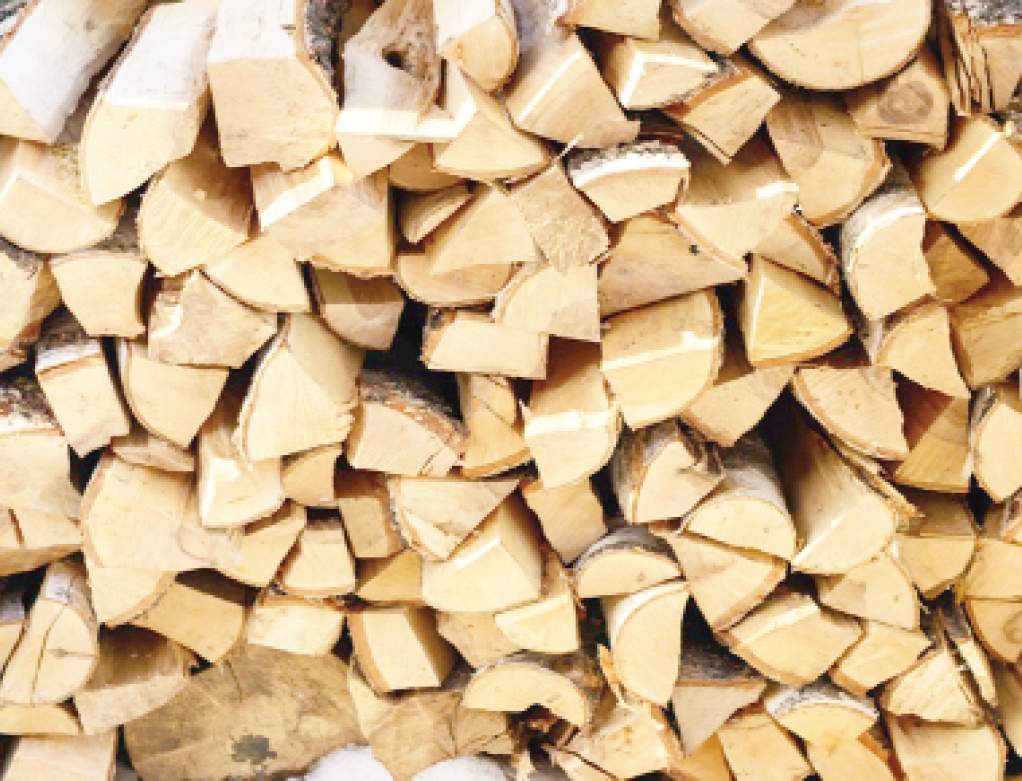Our forests are fast depleting, FG warns
Experts give reasons, suggest way out The federal government has warned that the country’s forests are fast depleting, and that is dangerous to the environment. The director-general of the Raw Material Research and Development Council, (RMRDC) Professor Hussaini Ibrahim Doko, gave the warning in a report on locally produced wood seasoning kilns released in Abuja. […]

Woods undergo seasoning drying method
-
Experts give reasons, suggest way out
The federal government has warned that the country’s forests are fast depleting, and that is dangerous to the environment.
The director-general of the Raw Material Research and Development Council, (RMRDC) Professor Hussaini Ibrahim Doko, gave the warning in a report on locally produced wood seasoning kilns released in Abuja.
The report indicates that deforestation estimates for Nigeria is about 6 per cent per year.
In the research, the regional breakdown of deforestation from 1979 to 1995 shows that total forest declined by 48 per cent in the North-Central, 7 per cent in the North-East, 60 per cent in the North-West, 53 per cent in the South-East, 13 per cent in the South-South and 12 per cent in the South-West.
In 2000, the forest cover was estimated at 13.5 million hectares, compared to 17.5 million hectares in 1990, indicating a forest cover loss of close to 400,000 ha per annum, or a decline of about 2.6 per cent.
The research shows that forest/woodlands now stand at only 13 per cent of the total land area of the country.
Experts give reasons
Alhaji Ismaila Ajani, a retired forest official, told our reporter on phone that in Nigeria, the present methods of wood processing by cottage, small and medium enterprises subject the final products to short shelf lives. The products, therefore, require frequent replacement. For instance, most small and medium enterprise operators use air drying method. In most cases, because of the issue of time and the need for immediate profit, wood products are not fully dried before usage, leading to frequent replacements.
Frequent replacements, he said, meant recourse to virgin lumber, and this frequently leads to forest degradation and deforestation.
Professor Hussaini of the RMRDC noted that timber consumption locally may reach 15,500,340 m3 by 2025, apart from those that will be exported illegally.
“The World Bank has also forecasted that global timber demand is set to quadruple by 2050. As a result, there is growing global concern of fulfilling increasing demand for timber products without deteriorating the forest resources,’’ he added.
The research forecasts that the rate of deforestation is expected to increase by 35 per cent in the next five years, in view of the high rate of urbanisation, housing construction and poor wood processing practices.
The way out
Experts believe that the only way out is by promoting best practices in the industry in order to promote the efficiency of timber production process.
Mr IjayaAnuoluwa, a wood processor, said the only way out is to ensure a change in the present methods of wood processing by cottage, small and medium enterprises by adopting appropriate dry method that will prolong the live shelf of the final products and reduce frequent demand for wood.
He said the higher the demand for wood, the higher the deteriorating effects on the forests.
He added that the proper wood drying method is through wood seasoning, which reduces the moisture content of wood before its use.
He advocated kiln drying of lumber, which he said was the most effective and economical method available. “Drying rates in a kiln can be carefully controlled and defect losses reduced to a minimum. Length of drying time is also greatly reduced and is predictable,’’ he said.
He said kiln drying significantly added value to sawn products.
Efforts to address the problem
The federal government, through the RMRDC, and in collaboration with Nova Palcon Nigeria Ltd, Enugu, designed two variants of wood-seasoning kilns with a capacity of 25m3 each. The primary objective was to domesticate the kiln seasoning technology in order to reduce the current rate of deforestation occasioned by the short lifespan of wood in service and to increase the income generated by the small and medium enterprises.
This, the council said, would also promote the export of wood products from Nigeria.
The council said it was assiduously working on the commercialisation of the two types of seasoning kilns that have been fabricated, test-run and calibrated, adding that for them to be effective and achieve the major objectives of their production in the country, there is the need for mass production of the kilns for use in wood clusters in various states in the country.
As a result of this, the council has discussed with a number of investors and state governments, some of who have shown interest in the developed technology.
